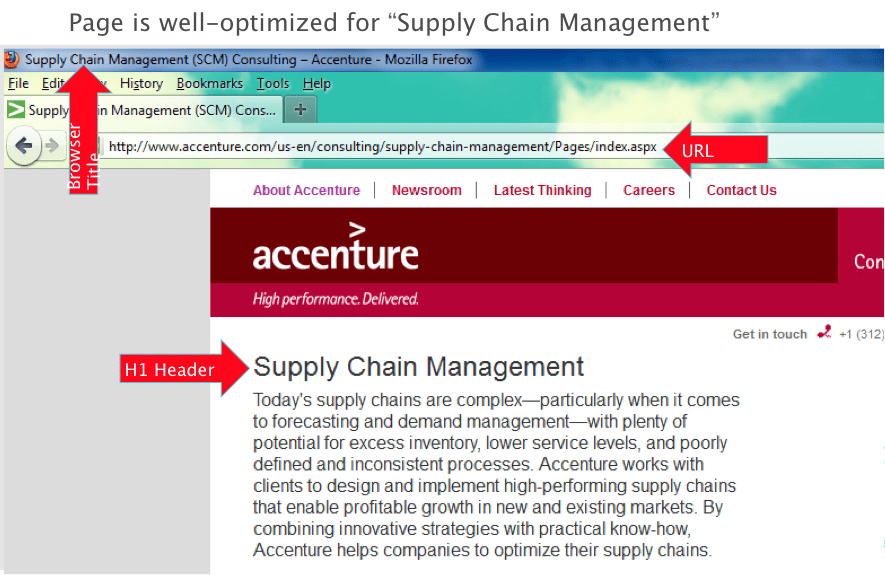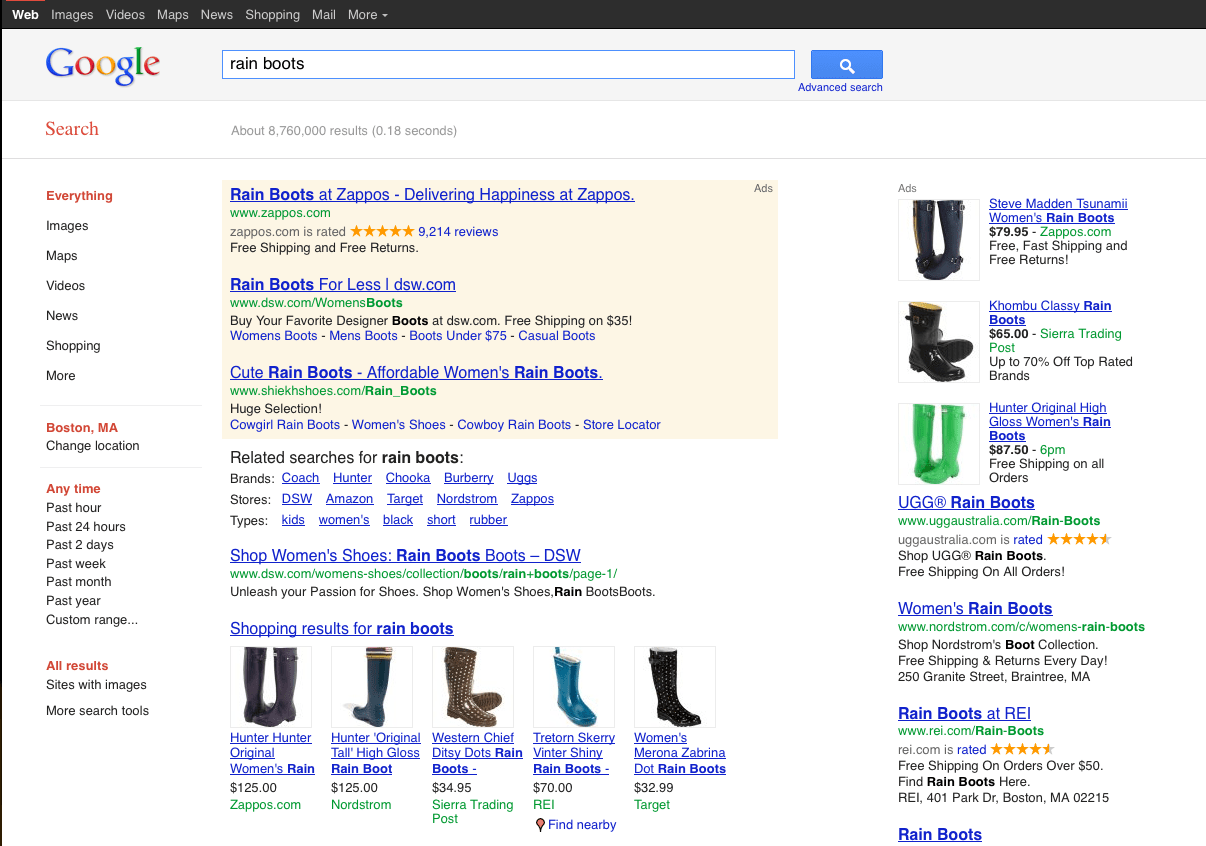On the Subject of Search: the Difference between SEO, SEM, and Search””
Search… or do you mean SEO? SEM? S.O.S?

SEO and SEM are fundamentally different marketing tools, and serve to organize, characterize, and make website content more easily found. Inbound marketing has opened a new door into the world of search that builds on the foundation these tools lay; content creation, link building, and social media are all now tangible aspects of search that can work in union with SEO and SEM to build your reputation online. However, when discussing search, the two biggest contenders are still SEO and SEM thanks to Google. Let me shed some light on the differences.
Search Engine Optimization
SEO is the most common buzzword in search and refers only to “organic search” efforts; that is, not pay-per-click (PPC). SEO means optimizing your website to make it “stronger.” Strength is determined by keyword prevalence and relevance, and the optimization of on- and off-page elements. Best practices involve creating valuable website content, matching appropriate keywords to your topics, and assuring that you focus your efforts on the most relevant topics.

Accenture, a management consulting and technology
company, has their website organized into individual
pages that are each well-optimized for a specific keyword
related to a product or service.
SEO is also not a short-term campaign, as SEM sometimes is. SEO campaigns start with initial foundation work – doing keyword research and optimizing your pages – but also requires on-going work that includes continuous research, measurement, analytics, and tweaks to constantly improve your site’s relevance and thus strength.
For startups or new websites, SEO takes time to be recognized by Google and other search engines. The length of time a website is live, as well as the number of pages of keyword optimized content influence how you are ranked. In these cases, it can take a while for Google to consider your website strong enough to be ranked along your potential competitors.
The most important aspect of SEO is: Ensuring your website optimizes valuable content to strengthen your site and improve the quality and frequency of traffic.
Search Engine Marketing (SEM)
SEM refers to paid search: PPC campaigns through Google AdWords, and social media advertising through Facebook and LinkedIn. These campaigns are often segmented and differentiated, meaning that each keyword will engender a specific set of ads that are served up each time someone does a search query for that keyword, or a similar keyword, in Google. These ad groups target a certain keyword or placement that triggers the appearance of your ad.

A Google search for “rain boots” reveals the PPC campaigns
for that keyword of several large shoe companies,
including Zappos and DSW
SEM is advertising using keywords; it works to promote companies and products on search engine result pages (SERPS). SEM incorporates all of the keyword research and optimization done to improve your website in SEO and combines these elements with paid placement and inclusion.
The most important aspect of SEM is: Targeting appropriate keywords to find the best places on SERPS and sponsored Google pages to place advertisements, and to use these advertisements in conjunction with SEO campaigns.
